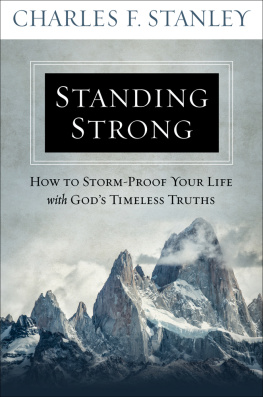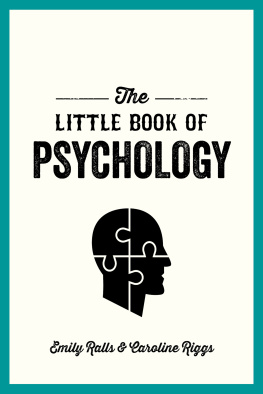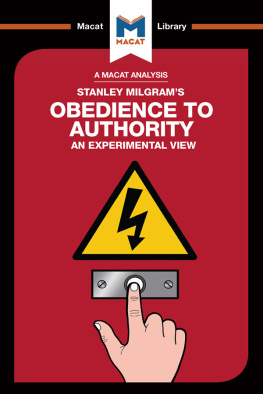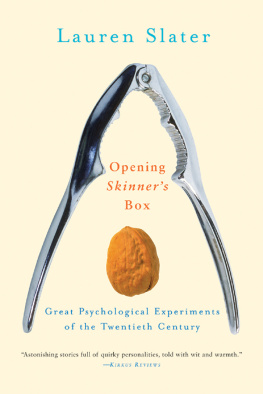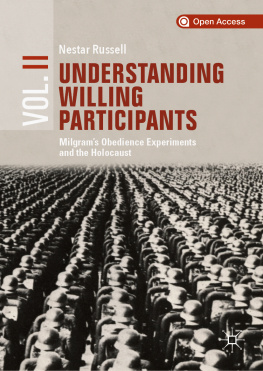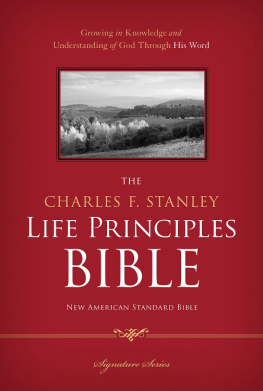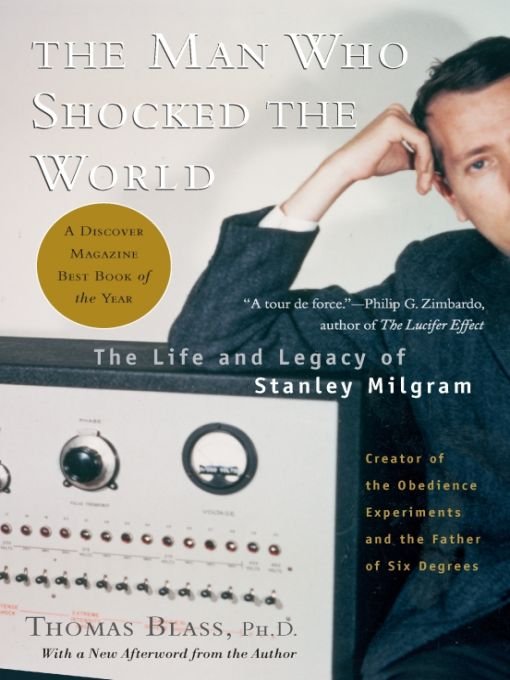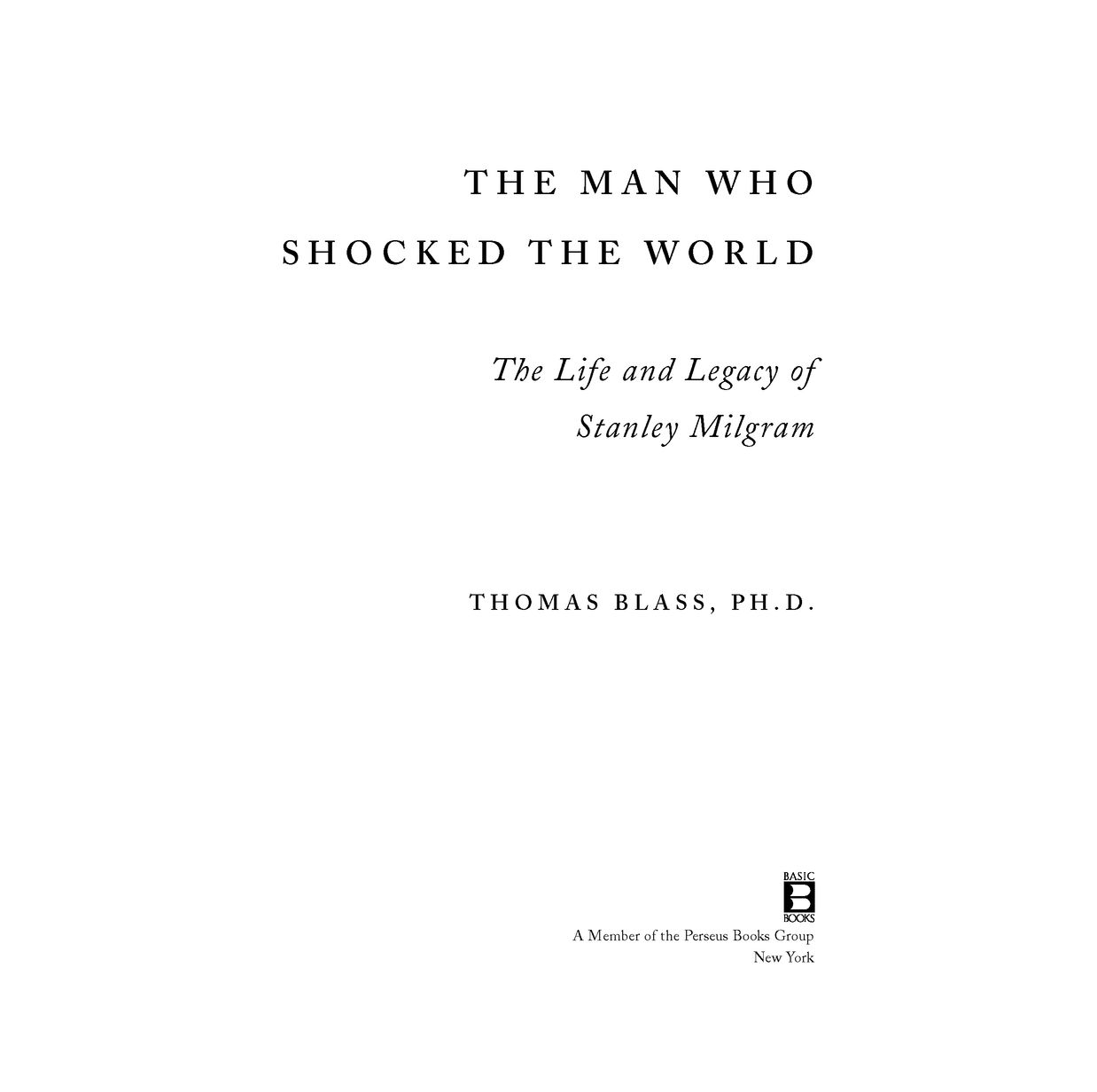Table of Contents
PRAISE FORTHE MAN WHO SHOCKED THE WORLD
A wonderful, entertaining and demystifying portrait of the father of six
degrees and small worlds. Milgram, without doubt the most influential
social psychologist of the last century, fully deserves this great interpretive
biography.
Albert-Lszl Barabsi, author of Linked, and Emil T. Hofman Professor of Physics,
University of Notre Dame
With literary flair reminiscent of Milgram himself, Blass marries scholarship
and journalism in his intimate portrayal of the man and his
creative mind. This is a major work that will help define and preserve the
Milgram legacy.
David G. Myers, author of Social Psychology
A sparkling biography of Stanley Milgram, one of the most brilliant,
playful, and controversial social scientists ever. I was truly moved by this
bookby its affection for its subject, and by the way it brings Milgram to
life in technicolor vividness. Some parts are poignant, some are intellectually
riveting, and some are just laugh-out-loud funny.
Steven Strogatz, author of Sync
Among the best biographies of psychologists.... Highly recommended.
Library Journal
Blass provides a valuable examination of Milgrams work.... An important
contribution to the field of science history.
Publishers Weekly
[An] excellent, entertaining, and informative biography.... Recommended
to professional and general readers alike.
Metapsychology
Milgram... was a far from ordinary scientist. And Thomas Blass is also a
far from run-of-the-mill biographer... [an] excellent biography.
John Darley, Times Literary Supplement
An important book. It makes a sympathetic sweep through the life of [a]
remarkable man.
Curled Up With a Good Book
[The] descriptions of Milgrams research, especially of the obedience
experiments, are exquisitely compelling.... A revealing glimpse into both
the world of academia and the mind of a gifted scientist.
Jerusalem Post
The book tells us much more about Milgram, the man, than anyone
(except perhaps his widow Alexandra) had previously known or understood.
... He would have appreciated Blasss clarity, comprehensiveness,
empathy, and evenhandedness in assessing the life and work of the man
variously described here as complex, enigmatic... and one of the
outstanding scientists of his generation.
Alan C. Elms, PsycCRITIQUES
Because of Stanley Milgrams nerve, we know things about ourselves that
we never wanted to admit. And because of Blass meticulous, highly readable
book, we can look back at how this door was opened.
The Buffalo News
No person knows more about Stanley Milgram than Thomas Blass....
Virtually every characterization Blass gives of Milgram seems very close to
my memory of him.
Arthur Miller, Journal of the History of the Behavioral Sciences
The book comes alive with the drama of the obedience experiments and
the quieter innovation of his later work, such as the familiar stranger
experiment.
The Lamp
I have read dozens of biographies of psychologists... and I cannot recall
one I enjoyed as much.... This book is a gem, full of humor and intelligent
insights into the life of the psychologist who truly shocked the world.
The College Board AP Central
Blass is knowledgeable and painstaking in his attempt to portray Milgram;
this book is absolutely authoritative in its sources and documentation.
Personnel Psychology
[A] compelling new biography of Milgram.
Sunday Telegraph (London)
Marvelously succeeds in bringing new attention to the man whose
work... has the power to change the way we view our very social world.
Behavioral Science Book Service
A well-written biography... captur[ing] much of this difficult man as I
remember him.... Social scientists involved in experimental ethics, obedience,
and other Milgram topics will find this book a rewarding read.
Thomas Pettigrew, Social Forces
Blass paints an endearing portrait of a razor-witted, mercurial man;
at times a prima donna, and by many accounts a genius.
Psychology Today
An extremely readable book... a lively and interesting biography. Highly
recommended.
Choice
OTHER BOOKS BY THOMAS BLASS:
Contemporary Social Psychology: Representative Readings
Personality Variables in Social Behavior
Obedience to Authority: Current Perspectives on the Milgram Paradigm
To
ANNE
PREFACE
During the summer of 1944, the Nazis, under the direction of Eichmann and with the assistance of their Hungarian allies, were in the process of rounding up the Jews of Budapest for deportation to the gas chambers of Auschwitz. Budapest is split by the Danube River into two parts: Buda and Pest. One day during the roundups, a Jewish mother and her two-and-a-half-year-old child were taking the trolley from Pest, where they had been visiting relatives, to Buda, where they had recently found an apartment. Unlike most of her fellow Jews, this woman believed the rumors about what resettlement for work in the east really meant. So rather than remaining in Pest, she obtained forged Christian identity papers and moved to Buda, which was largely non-Jewish. The trolley was crossing the bridge between the two parts of the city when the rhythmic clatter of the cars wheels was interrupted by the insistent sound of the childs voice: Mommy, he asked, why dont I wear a cap like other Jewish boys? This was within earshot of many of the other passengers, including members of the Nyilas, the Hungarian Nazi militia. With a resourcefulness spawned by desperation, the mother quickly turned to her child and said, This is our stop, grabbed his hand, and got off the trolleyright in the middle of the bridge, quite a distance from their destination. Miraculously, no one stopped them.
I was that little boy on the bridge. As I grew into adulthood, my mind would occasionally drift back to that precarious moment on the trolleywhen time seemed to stand still, enabling my mother to act quicklyand I would ask myself: What was special about that moment? Surely, if I had made the same remark before the war, my mother would not have taken evasive action. So why did she feel so threatened then?
It was only after my training in social psychology broadened my perspective on human behavior that I came to the realization that my question, in a more general form, was one of the primary psychological puzzles underlying the mass destruction of European Jewry: What psychological mechanism transformed the average, and presumably normal, citizens of Germany and its allies into people who would carry out or tolerate unimaginable acts of cruelty against their fellow citizens who were Jewish, resulting in the death of six million of them?
It was during graduate school that I first learned about Stanley Milgram and his remarkable exploration of the human tendency to obey authority, which was to become the most famous social-psychological research of all time. In the opening paragraph of his first journal article about that research, Milgram explicitly embedded it in the Holocaust. This wasnt surprising, given that the question of how apparently normal people could so readily turn into brutal killers is first and foremost a psychological one. Indeed, psychology had been trying to explain the Holocaust since the end of World War II, and by the time Milgrams research appeared in print in 1963, a number of psychological works pertaining to the horrors perpetrated by the Nazis had already been published. What set Milgrams contribution apart was his use of a scientific laboratory experiment to help shed light on the perpetrators behavior. In adopting an experimental approach, Milgram achieved two goals that at first might seem incompatible. He brought a degree of objectivityrelative to other forms of inquiryto a topic that did not lend itself easily to dispassionate analysis. At the same time, by bringing the demonstration of destructive obedience closer to home, both in time and place, Milgram made it more difficult for those who learned about the experiments to distance themselves from their baleful implications.


